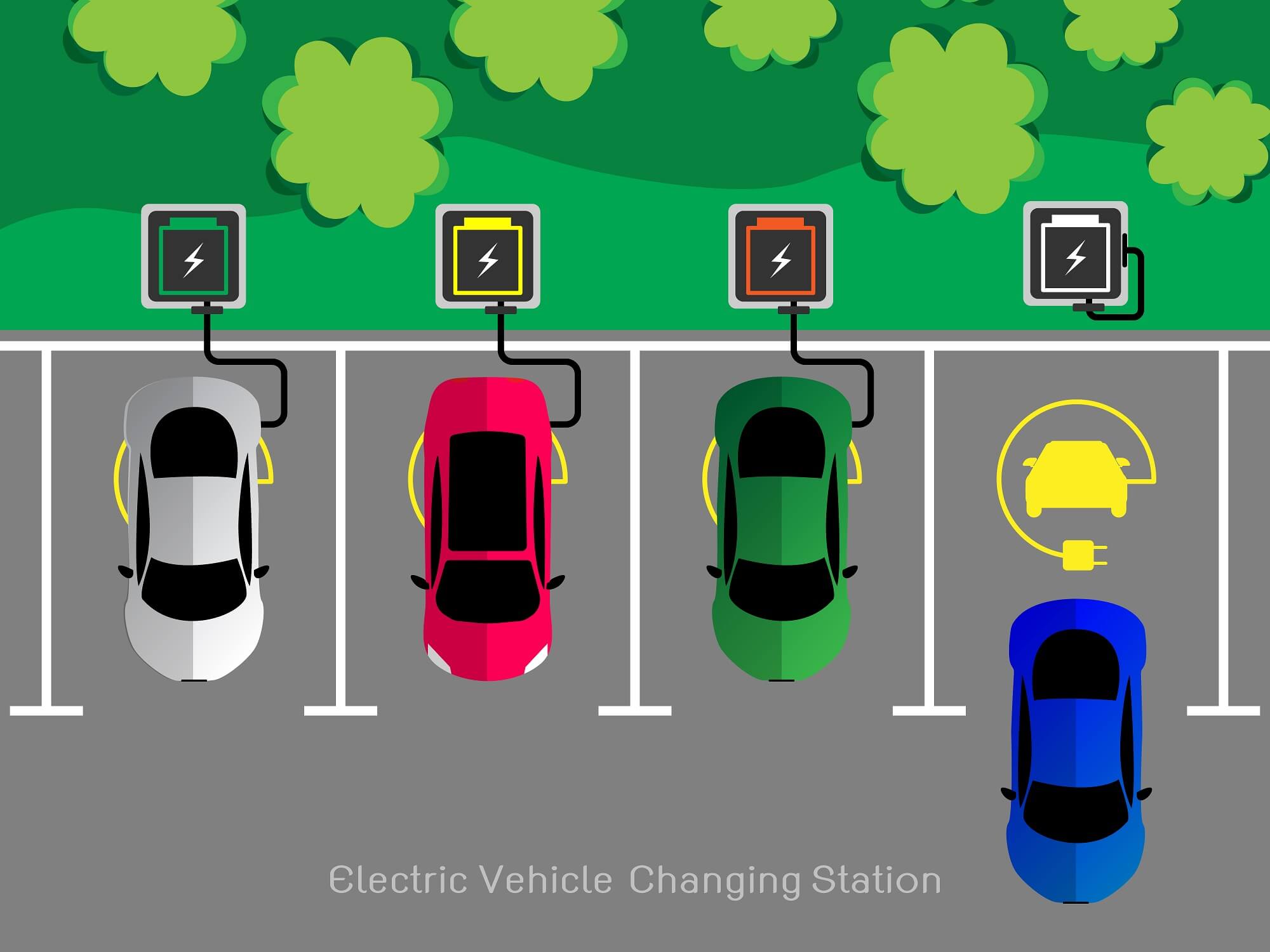“A variety of flexible resources at a local level can help EV charging stations cover the demand”
Smart Innovation Norway’s researchers Dr. Iliana Ilieva and Prof. Bernt Bremdal have published a new article on the important topics on local flexibility and electric vehicle charging.
In June, Smart Innovation Norway can point to a new publication in the renowned Energies journal. This time the topic has been related to utilizing local flexibility and how this could help mitigate challenges at electric vehicle (EV) charging stations.
“As the numbers of EVs in Norway continue to grow, a respective increase in the charging facilities along the roads is needed. However, charging of EVs in large scale can cause problems for the grid. Utilizing on local flexibility resources, such as smart charging, stationary battery, vehicle-to-grid applications, and local generation can be an efficient way to contain the grid challenges and mitigate the need for grid reinforcement,” says co-writer Dr. Iliana Ilieva, Senior Researcher and Scientific Coordinator at Smart innovation Norway.
Optimal mix of flexibility resources
The article focuses on the INSPIRIA charging station located in Norway to investigate the possibility to cope with imminent grid challenges by means of local flexibility. Within the paper, the potential grid challenges are estimated followed by a discussion on the cost and performance for the various local flexibility sources. Further on, the research article provides an analysis of the choice of battery, charging process and battery economy.

“As a core message of the performed research, the paper refers to the optimal mix of flexibility resources to efficiently mitigate grid challenges at the INSPIRIA charging station. For the specific case, a flexibility mix solution with battery capacity, smart charging, PV installation, vehicle-to-grid/vehicle-to-building and in-house demand response (at the nearby INSPIRIA Science Center) has been recommended to deal with the upcoming capacity problems,” explains Dr. Ilieva (photo).
For the future, an increase in the smart charging-related flexibility is envisioned on behalf of reduction of the flexibility utilized from demand response.
“However, if more than foreseen superfast chargers are to be installed, the proposed set of flexibility resources may no longer be sufficient. In addition, to be able to optimally scale and utilize the local flexibility resources, a better understanding and continuous follow-up of the charging behavior of the EV user is needed,” she notes.
This could help improve both the planning of charging infrastructure as well as the exploitation of smart charging.
Battery to cover the need
Based on the performed research, a strategic proposal has been made to dimension a battery with a capacity that can cover the need for the next few years until the charging station gets capable of mobilizing a sufficient smart charging-based flexibility volume.
“The overall idea is that a variety of flexible resources at a local level can help a charging station better cover the EV charging associated demand in the future. Thus, the specific charging station can serve as an exemplary pilot case, which can be successfully replicated at charging station locations with similar challenges and with ambitions to enhance both the electrification of transport and the use of renewables,” says Dr. Ilieva.
The research was funded by the CINELDI project (Centre for intelligent electricity distribution, project number 257626/E20), an 8-year research center under the FME scheme (Centre for Environment-friendly Energy Research).
The presented research has been part of a CINELDI task for 2021 where energy flexibility, EVs, smart charging, and grid impact are the main focus. In addition, the authors have been able to exploit the results from the INVADE project, funded by the European Union’s Horizon 2020 Research and Innovation program under Grant Agreement No. 731148.
Ilieva and Bremdal’s article “Utilizing Local Flexibility Resources to Mitigate Grid Challenges at Electric Vehicle Charging Stations” is available here.

